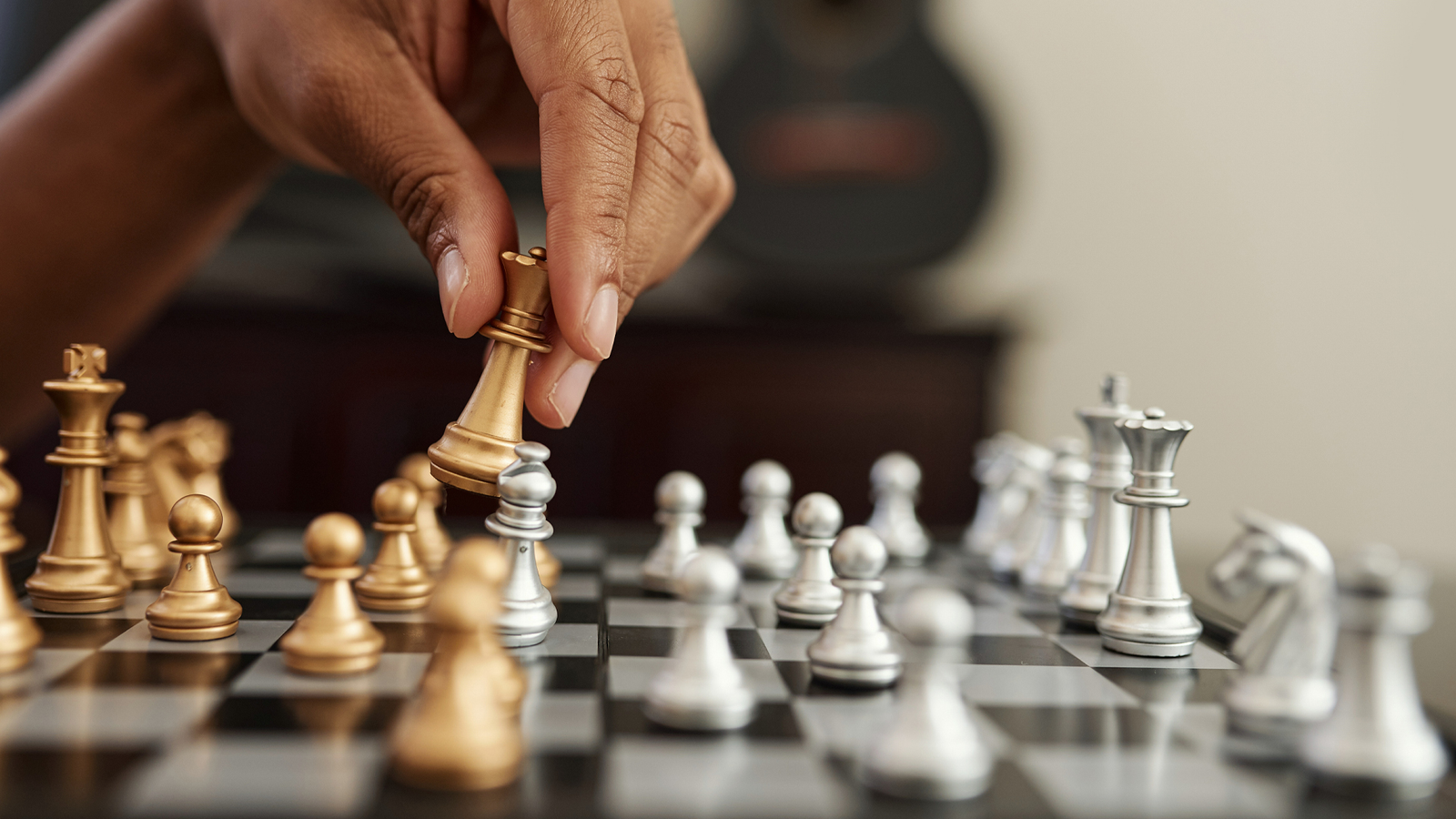How do grandmasters choose the right chess opening?

Introduction:
Chess, known as the “game of kings,” is a battle of wits that requires a combination of strategic planning, tactical prowess, and impeccable decision-making. At the heart of every successful chess player’s game lies a well-crafted opening repertoire. Grandmasters, the highest echelon of chess players, understand the importance of choosing the right opening moves to gain an early advantage and set the stage for a victorious game. In this article, we delve into the world of grandmasters and explore how they choose their openings, providing insights that will enhance your understanding of chess strategy.
1. Research and Analysis:
Grandmasters approach opening selection with meticulous research and analysis. They spend countless hours studying the vast array of opening variations, analyzing historical games, and keeping up with the latest developments in chess theory. This extensive preparation arms them with a deep understanding of the strengths and weaknesses of various openings.
2. Personal Style and Preference:
Each grandmaster has a unique playing style that influences their choice of openings. Some players prefer aggressive and tactical positions, while others opt for solid and positional setups. A grandmaster’s opening choices reflect their personal taste and the strategies they feel most comfortable executing on the board. This individuality often distinguishes one grandmaster from another and adds richness to the chess landscape.
3. Study of Past Games:
Grandmasters study the games of both their predecessors and contemporaries to gain inspiration and discover new ideas. Analyzing past encounters provides them with valuable insights into the strengths and weaknesses of specific openings, allowing them to refine their repertoire and adapt to the changing landscape of chess theory. By identifying successful opening choices and learning from others’ mistakes, grandmasters refine their understanding of opening strategies.
4. Practical Considerations:
In addition to theoretical knowledge, grandmasters consider practical factors when selecting their openings. Tournament situation, opponent analysis, and personal preparedness all come into play. Based on their opponent’s playing style, grandmasters may choose openings that counter or exploit their adversaries’ tendencies. They also consider their own familiarity and comfort with specific variations, ensuring they can navigate the resulting middlegame positions with confidence.
5. Collaborative Efforts:
While chess is often viewed as an individual pursuit, grandmasters frequently collaborate with fellow players, trainers, and even computer engines to refine their opening choices. The collective wisdom and expertise of the chess community provide a wealth of knowledge that can be tapped into. Collaborative efforts enable grandmasters to test and validate their ideas, uncover novelties, and uncover hidden resources in specific openings.
6. Evolution and Adaptation:
Chess theory is a dynamic field that constantly evolves. Grandmasters must adapt and update their opening repertoires to stay ahead of the curve. They keep a close eye on recent tournaments, online games, and publications to spot emerging trends and innovative ideas. By being open to change and incorporating novel approaches into their repertoire, grandmasters ensure their openings remain relevant and effective.
7. Experience and Intuition:
Ultimately, the choices of grandmasters are also guided by their vast experience and intuition. Years of playing and analyzing countless games provide them with an intuitive sense of which openings suit their style and capabilities. This deep-rooted understanding allows them to make informed decisions based on patterns and positional assessments that might elude less experienced players.
Conclusion:
Selecting the right opening moves is a critical aspect of a grandmaster’s game. Through meticulous research, analysis, and personal preference, they develop a comprehensive repertoire that reflects their style and strategic goals. By studying past games, considering practical factors, engaging in collaboration, and embracing the evolution of chess